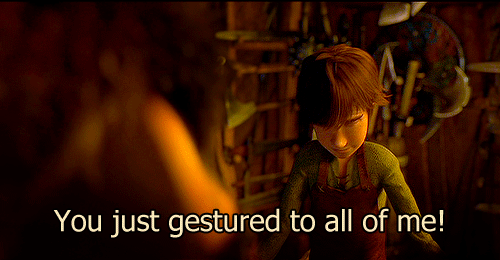Preamble: I know that 'give a reason when downvoting' is a very common request, and I assure you that I have read these posts and the discussions in them and my request is very different. This isn't about encouraging people to comment and is more about gathering metrics.
I'd like to see a feature whereby people who are downvoted get some better feedback on why they were downvoted, especially given that people rarely leave comments in practice.
So my suggestion is that when user clicks on the downvote, they are prompted to pick from a short list (No more than 5) of common reasons. It would be a popup that replaces the existing "Please consider adding a comment" box.
The user receiving the downvote would see how many people downvoted them for each reason, but not who did it. It would significantly address the issue of people being too lazy to comment or not wanting to comment (for fear of retaliation or any other reason) while helping to ensure the user gets useful feedback.
Perhaps the downvote could also be weighted based on whether or not a reason is picked.
For questions the list might look something like:
- Not a question
- Not relevant to the subject area
- Trivial question with no research effort
- Poorly asked question
- Other
And for answers, this might be:
- Nonconstructive or not an answer
- Incorrect or dangerous answer
- Poor explanation
- Doesn't answer the original question
- Other

